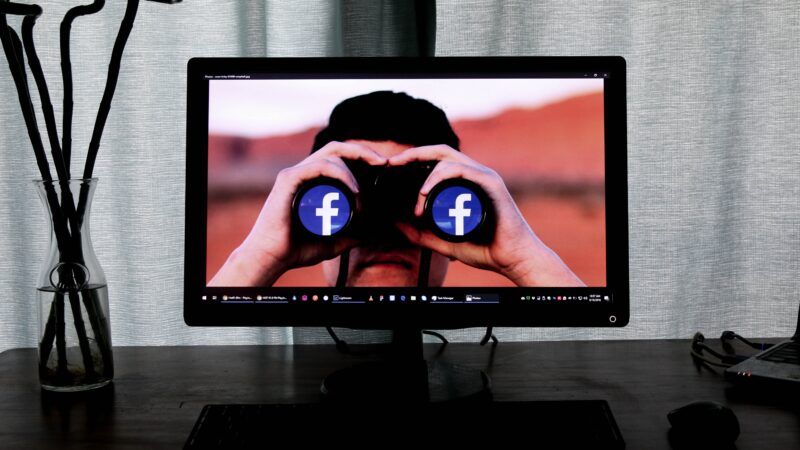Using Facebook Actually Reduces Ethnic Tension, New Study Finds
People fret about online echo chambers, but offline echo chambers can be just as strong—or stronger.

Facebook is frequently accused of exacerbating various negative social phenomena: hate speech, conspiracy theories, and even ethnic tensions. In Myanmar, for instance, social media accounts associated with the government's military have stoked considerable violence against the Rohingya, the country's Muslim minority population.
But a new study suggests there are situations where Facebook actually serves to lessen the odds of ethnic violence. This matters, because the overwhelming tendency within traditional media is to universally pan social media as a significant cause of social strife.
The situation is much more complicated, according to study recently published by the National Academy of Sciences. Researchers conducted the study in Bosnia and Herzegovina in July 2019, during a week of public remembrance for the genocide of Bosniak Muslims that occurred there in the early 1990s. Bosniak, Serbian (who are Slavic and largely Eastern Orthodox), and Croatian (who are Slavic and largely Roman Catholic) participants agreed not to use Facebook, which accounts for roughly 99 percent of the social media market in the country. Researchers ensured compliance by checking their accounts for activity. After the week was over, researchers surveyed participants about their attitudes toward other ethnic groups and compared their answers with a control group that had remained active on Facebook during the remembrance period.
They were surprised by the results: The offline group had a greater dislike of other ethnicities than the group that remained online. Again, the previous assumption made by many critics of social media is that Facebook creates echo chambers for likeminded people that intensify their own beliefs and prejudices, leading to greater tension.
"Vulnerability to echo chambers may be greatest in offline social networks," wrote the study's authors. "We have lost sight of the fact that offline social networks are oftentimes even more homogeneous than the online networks."
The results were most pronounced for participants who lived in ethnically homogeneous communities: Facebook was essentially the only place that these people were likely to encounter someone who belonged to a different ethnicity.
"It is important to note that our results are aligned with two possibilities: that those who stayed active on Facebook experienced an improvement of outgroup attitudes because of their online contact and discussions engendered by the remembrance period or, alternatively, that those who deactivated their Facebook accounts experienced worsening of their outgroup attitudes because they were primarily exposed to discussions within homogeneous offline networks or the official discourse," wrote the authors.
These findings will likely come as a shock to people who are casually familiar with the popular notion that social media has strong siloing effects. But every time the matter is researched, the results cast some doubt on the entire notion.
"People's habits do incline somewhat toward their preferred political positions, but a study of Web browser, survey, and consumer data from 2004 to 2009 found that people's media diets online were modestly divided by ideology but far more diverse than, for instance, the networks of people with whom they talked about politics in person," wrote Brendan Nyhan, a professor of government at Dartmouth College, in a review of the data for The Washington Post. "This finding of limited information polarization has been repeatedly replicated. Most recently, a new study found that mobile news consumption is even less segregated by ideology than desktop/laptop data used in previous research."
Many people want to believe that social media, and Facebook in particular, makes everyone more racist, politically paranoid, addicted, and anxious. It's a narrative that's equally popular with very conservative Republicans (who somewhat bafflingly view Facebook as an enemy), progressive Democrats (who are ideologically predisposed to dislike large corporations), and the mainstream media (which views social media as a rival). But there is solid evidence undermining many of these claims, and it's important to remember that taking away technology and shutting off conversations—even fraught and divisive conversations—often increases ignorance and prejudice.


Show Comments (26)